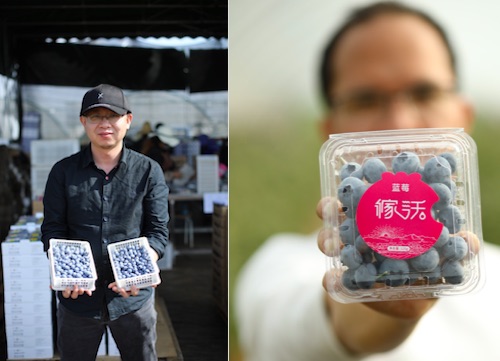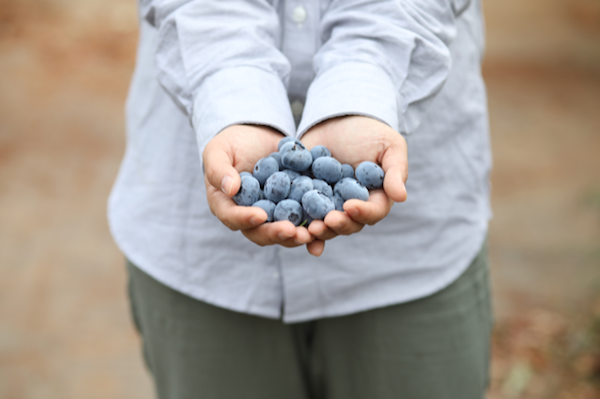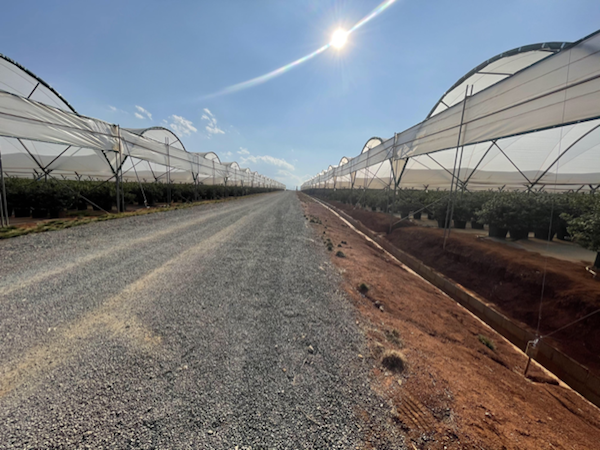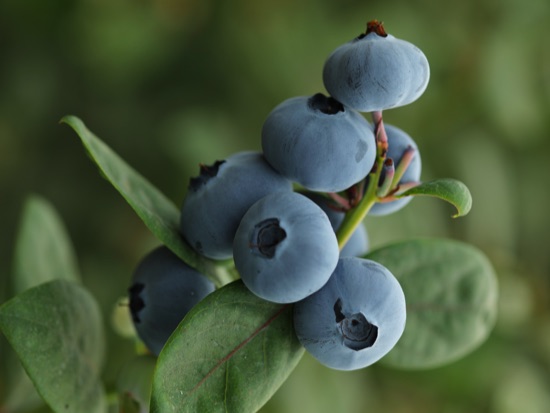Chinese blueberry plantation in Yunnan is still expanding, and the price is better than last year
The plantation volume of Chinese blueberries is quite small. Every production area and every blueberry variety has its unique characteristics. Yunnan is warm throughout the year and is therefore one of the most suitable places for blueberry plantation in the world. The UV-light in Yunnan is particularly intense, which results in thick-skinned blueberries. The fruit peel holds most of the anthocyanidin, which means that Yunnan blueberries contain more anthocyanidin than blueberries from any other production area in China.
Source: Fresh Plaza
“The new blueberry season has already begun in Yunnan. The season is expected to last until late May. The production volume increased a lot in comparison with last season. However, the market price does not seem to be under pressure because of the larger supply volume. Instead, the price is currently 20% higher than around this time last year. This is primarily because consumer demand increased even more than the production volume did.”

Harvest Blueberries
Looking at the conditions in Yunnan it is clear that the blueberry industry is still in the middle of expanding. There is still a huge gap in the Chinese blueberry market. “Yunnan blueberries primarily compete with imported blueberries, especially blueberries from North America. However, Yunnan blueberries outrank North American blueberries in both production volume and product quality. The main advantage of North American blueberries is year-round supply. The second competitor is Chile. Blueberries from the Andes mountains are rich in minerals and these blueberries grow in volcanic soil with an extremely low PH value. The high content of minerals and trace elements places Chilean blueberries in second place behind North American blueberries.” This is according to Mr. Hao Bo of Honghezhou Qinyun Zhishang Agricultural Development Co., Ltd.

Harvest Blueberries
According to Mr. Hao Bo, “We mainly use the design and construction of blueberry greenhouses introduced from the Haygrove. The scale of our operations puts us at the frontline of the Yunnan blueberry industry. Our plantation covers a surface area of around 200 hectares. This year we reached a strategic cooperation agreement with Harvest Ecology. We are in charge of the management and online retail of Harvest Blueberries. In addition to online retail, we also supply wholesale markets and high-end fruit stores. We primarily sell small, premium-quality boxes of blueberries as well as gift boxes.”

Yunnan blueberry plantation
Harvest Ecology is a high-end company with more than 15 years of experience in the blueberry industry. They also bring more than 20 years of innovative business management and brand management to the table. They are involved in blueberry plantation, blueberry strain research and development, as well as experimental operations. They have a total of 15 innovative agricultural subsidiaries with a wealth of experience in the field.
Jing Haotian, chairman of the board of Harvest Ecology Agriculture was one of the first to establish this industry in China. He took a job at the ‘Old Fertile Forest’ company, considered the founder of China’s blueberry industry, and established a blueberry plantation. Furthermore, the Harvest Blueberry plantation in Rizhao is the blueberry model plantation of Shandong. The plantation covers an area of 67 hectares.

Harvest Blueberries

Yunnan blueberries
When asked about the competition between Yunnan blueberries and imported blueberries, Mr. Hao Bo replied, “I think that the differences between Yunnan blueberries and imported blueberries are quite small whether it is in terms of product quality, fruit size, or price. Some of the Yunnan blueberries already surpassed import blueberries in terms of product quality. This is mainly because Yunnan enjoys unique environmental conditions. The weather and the soil are extremely suitable for the cultivation of blueberries.
“Second, Chinese companies imported a variety of innovative plantation technologies from abroad in the last few years: innovative greenhouse designs and constructions from Haygrove, automated fertilization systems from Netafim Co., Ltd. in Israel (which helps control the ripening process through regulation of fertilization and irrigation), and the blended base solvent of Pelimix Co., Ltd. in India that helps to efficiently regulate excess water and fertilizer during the transplantation of seedlings. Our main goal is to offer more consumers the opportunity to taste our delicious blueberries at reasonable prices.”